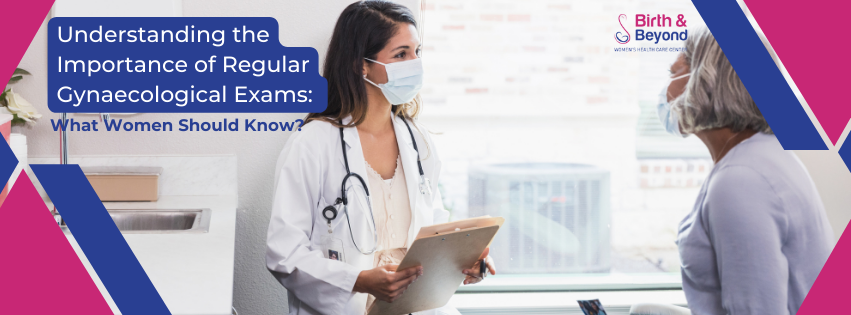
Gynaecologist in Bangalore | Dr. Sunita Pawar says, she often hear from patients who are unsure about how often they should come in for a gynaecological exam or even what happens during these exams. Some women may feel uncomfortable discussing such intimate topics or are simply unsure about what to expect. In this blog post, I want to help women understand the importance of regular gynaecological exams and what they should expect during these visits.
Why Are Regular Gynaecological Exams Important?
Regular Gynaecological exams are an important part of maintaining overall health and wellness for women. These exams can help detect and prevent potential health problems early on, when they are most treatable. Some of the conditions that can be detected or prevented during a Gynaecological exam include:
Cancer: Regular Pap tests and pelvic exams can help detect cervical, uterine, or ovarian cancer in their early stages when treatment is most effective.
Sexually transmitted infections (STIs): A Gynaecological exam can help detect STIs such as chlamydia, gonorrhea, and HPV before they cause any symptoms or complications.
Reproductive health: Regular Gynaecological exams can help women manage their reproductive health, including contraception, infertility, and menopause.
Other health concerns: During a Gynaecological exam, a doctor can also address other health concerns such as menstrual irregularities, urinary incontinence, and pelvic pain.
What Happens During a Gynaecological Exam?

During a Gynaecological exam, your doctor will likely ask you questions about your medical history and any symptoms you may be experiencing. They may also perform a physical exam, including a breast exam, a pelvic exam, and a Pap test.
A breast exam involves feeling the breasts for any lumps or abnormalities. A pelvic exam involves examining the vagina, cervix, uterus, and ovaries for any signs of infection, abnormal growths, or other problems. During a Pap test, the doctor will collect cells from the cervix to check for abnormal changes that could indicate precancerous or cancerous cells.
If needed, your doctor may also perform additional tests such as a blood test or ultrasound to further evaluate any concerns or symptoms.
In Conclusion:
Regular Gynaecological exams are an important part of maintaining overall health and wellness for women. These exams can help detect and prevent potential health problems early on, when they are most treatable. It is recommended that women start receiving regular Gynaecological exams around age 21 or when they become sexually active, and continue to receive them annually or as recommended by their doctor.
